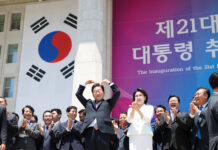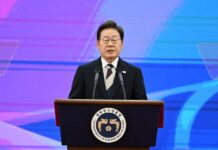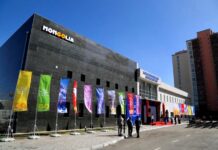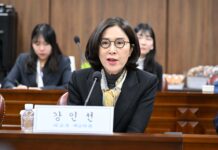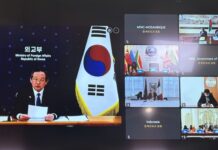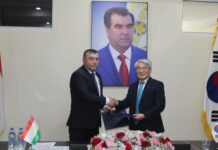Korea has been sharing its knowledge about and experiences of environmental health with its neighbors from around the globe.
Public officers in the environmental and health sectors from 15 countries across Asia, Africa, Central and South America are gathering in Seoul to participate in a three week-long program, dubbed the 2016 KOICA Capacity Building for Vulnerable Population and Environmental Health, scheduled to be held from Sept. 26 to Oct. 11.

A total of 30 public officers from 15 countries are gathering in Korea to share their environmental health policies, knowledge and experiences, and measures on improvements.
This program aims at reviewing the current situation and overall impact of pollution and other environmental issues on public health due to rapid urbanization and industrialization worldwide, in order to come up with effective policies and strategies to address the issues.
Program participants will attend lectures, hold discussions and share their views on how to solve environmental health issues in their home countries in both the short term and long term, and talk about related technology and information in these areas. They will also learn more about Korea’s knowledge and experiences in the environmental health sector. The 30 participating officials are from Cambodia, Kyrgyzstan, Laos, Mongolia, Pakistan, Tajikistan, the Philippines, Vietnam, Guatemala, Paraguay, Palestine, Angola, Burundi, the Commonwealth of Dominica and Saint Vincent and the Grenadines.
The participants will receive lectures in six areas — air pollution, water quality, soil and underground water, waste, energy and climate change –- and set up action plans in order to solve environmental health issues in their home country. They will visit related government organizations to learn more about the current status in Korea and technology that can be used in the environmental health sector. The organizations include the National Institute of Environmental Research (NIER), the Sudokwon Landfill Site Management Corporation and the Han River Environment Research Center.
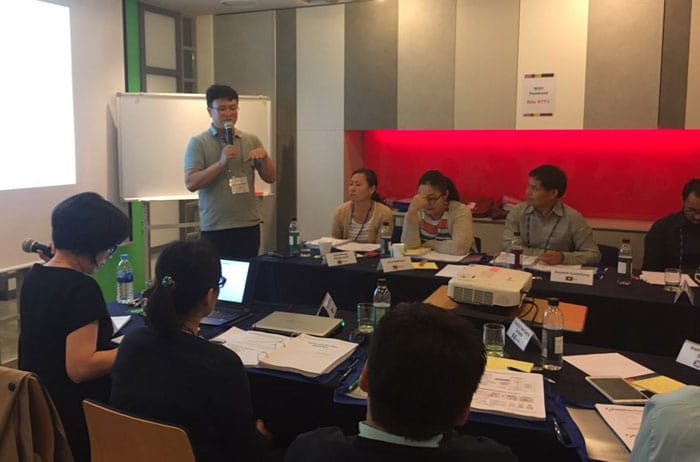
Program participants share policies, information and knowledge about the environmental health sector, and set up action plans to solve issues in their home countries.
The program is jointly run by the Korea International Cooperation Agency (KOICA) and the Environmental Health Research Department of the NIER, designated as the first WHO Collaborating Center in Northeast Asia in 2014. Since then, it has been supporting the WHO’s projects to solve environmental health issues, especially targeting vulnerable populations across the Asia-Pacific region.
“Environmental health issues become transglobal issues as they go beyond national borders,” said Director General of the department Choi Kyunghee.
“I hope this program can contribute to solving environmental health issues not only in the Asia-Pacific region but also around the whole world,” she added.
By Yoon Sojung
Korea.net Staff Writer
Photos: National Institute of Environmental Research
arete@korea.kr


